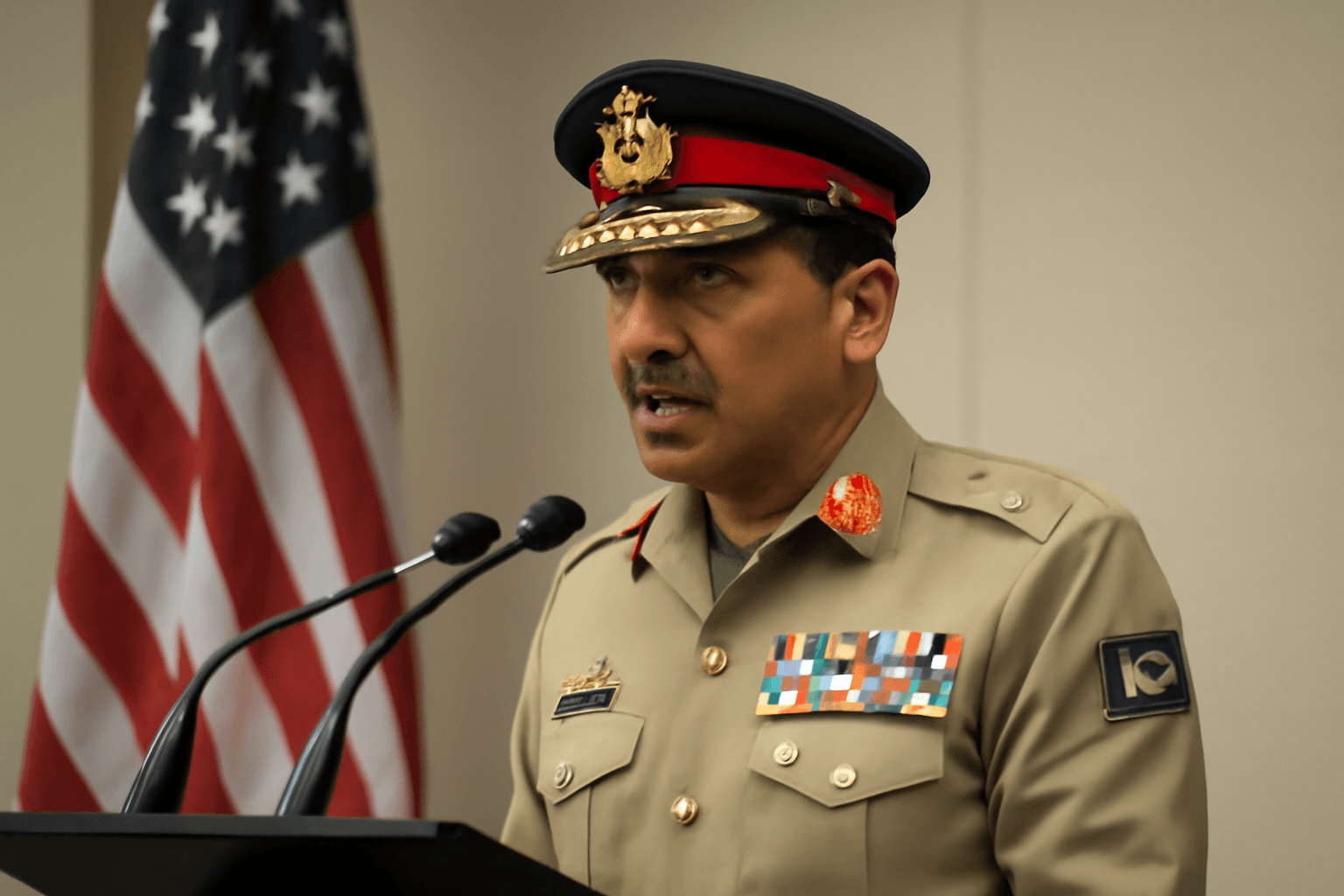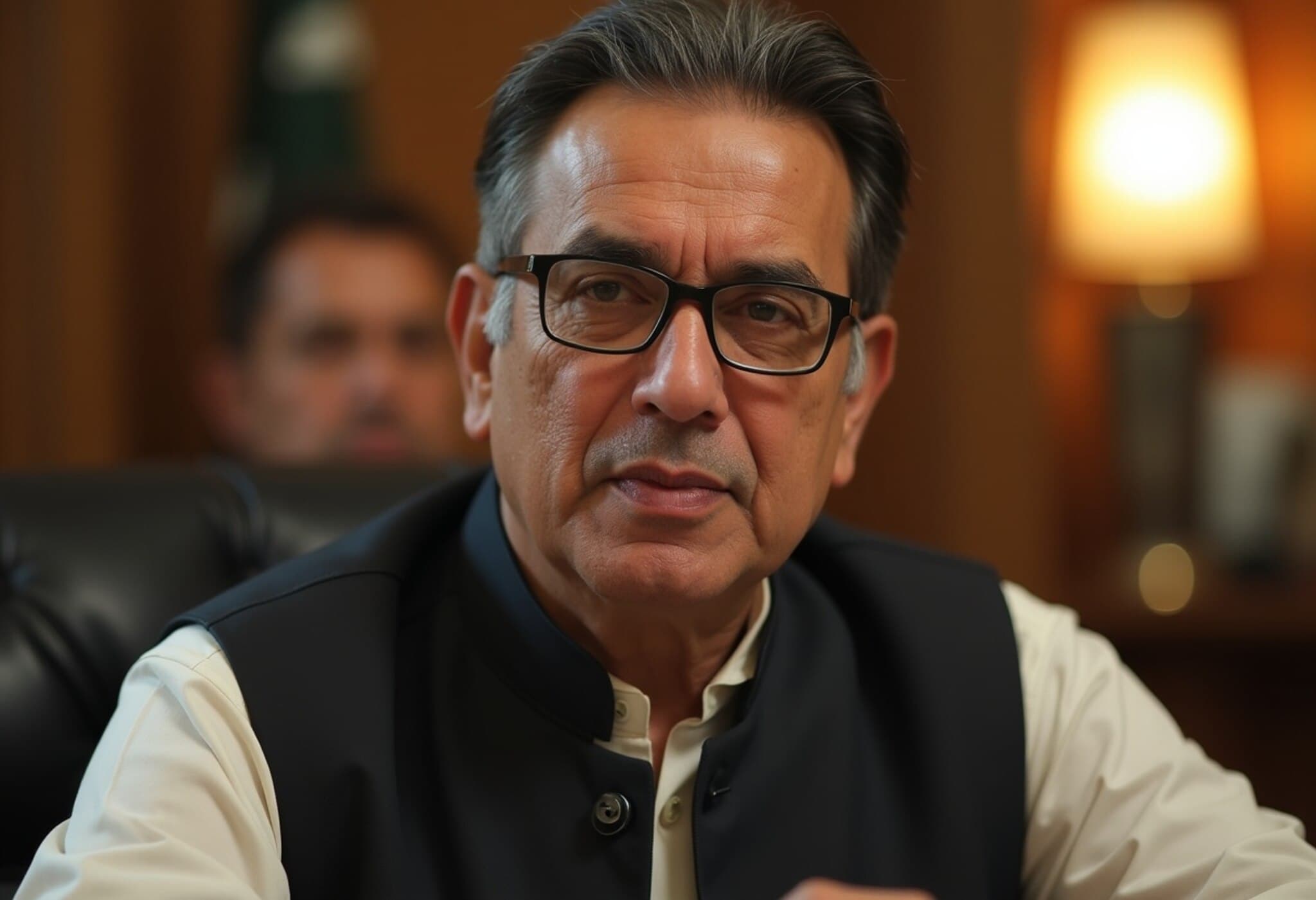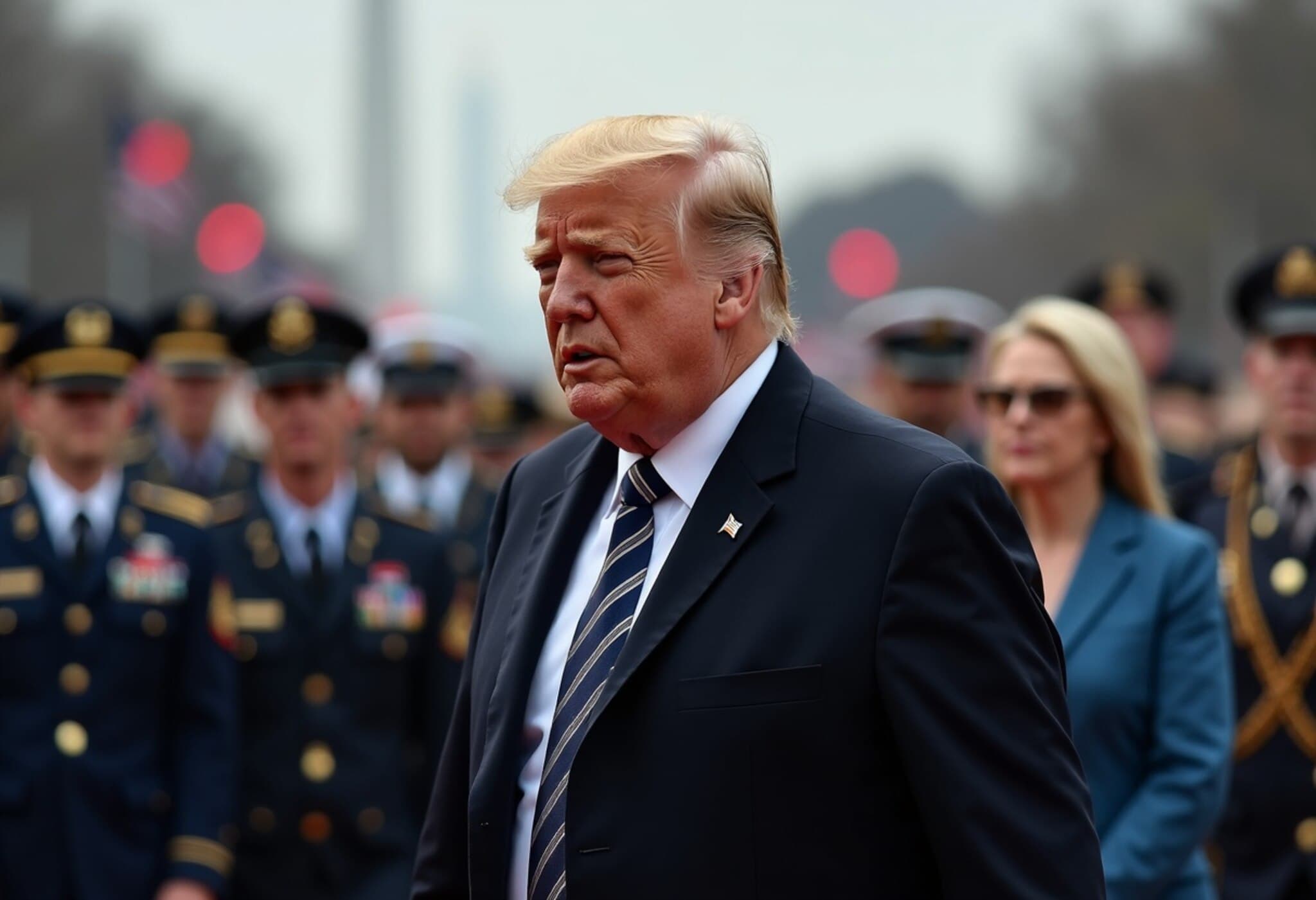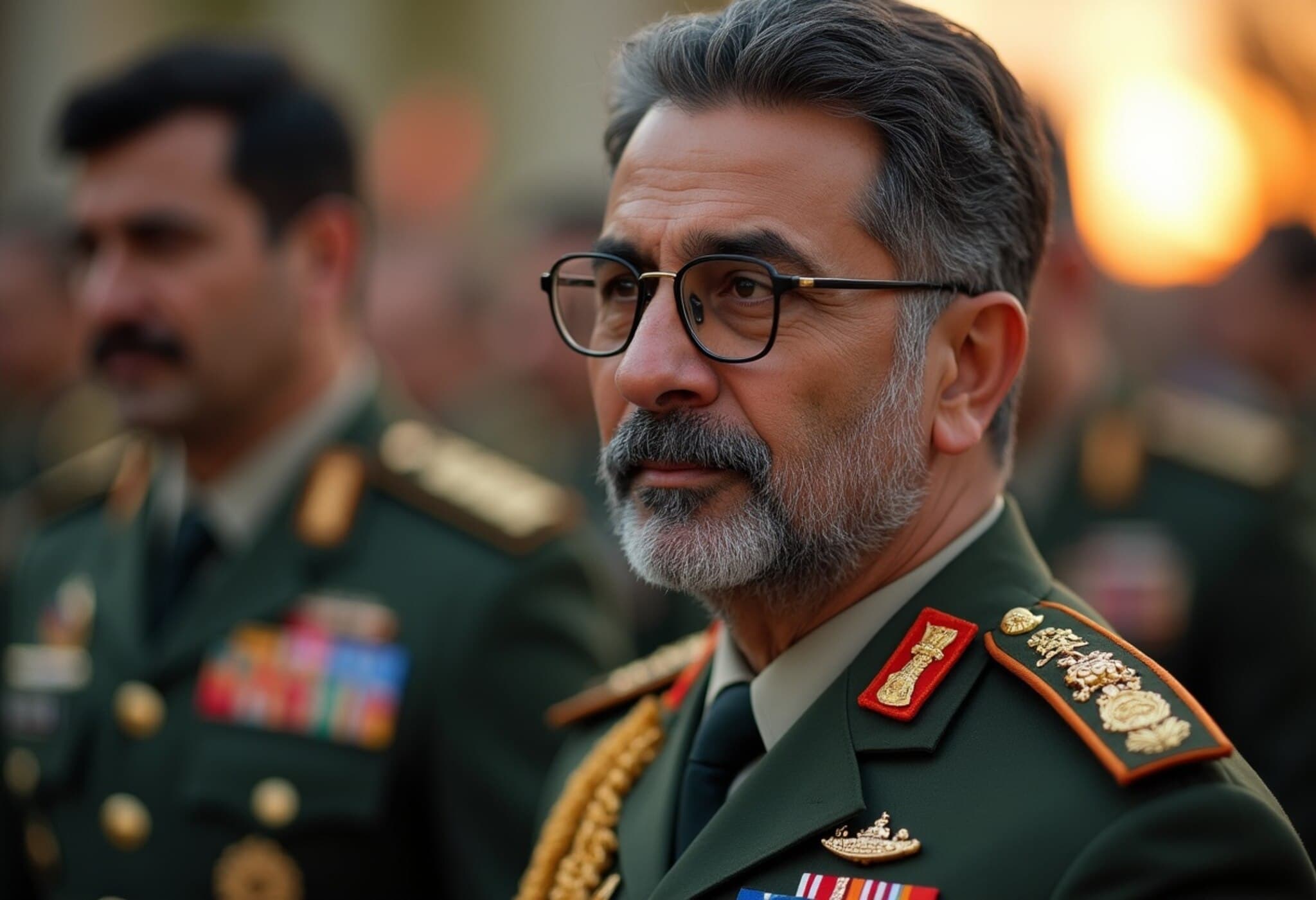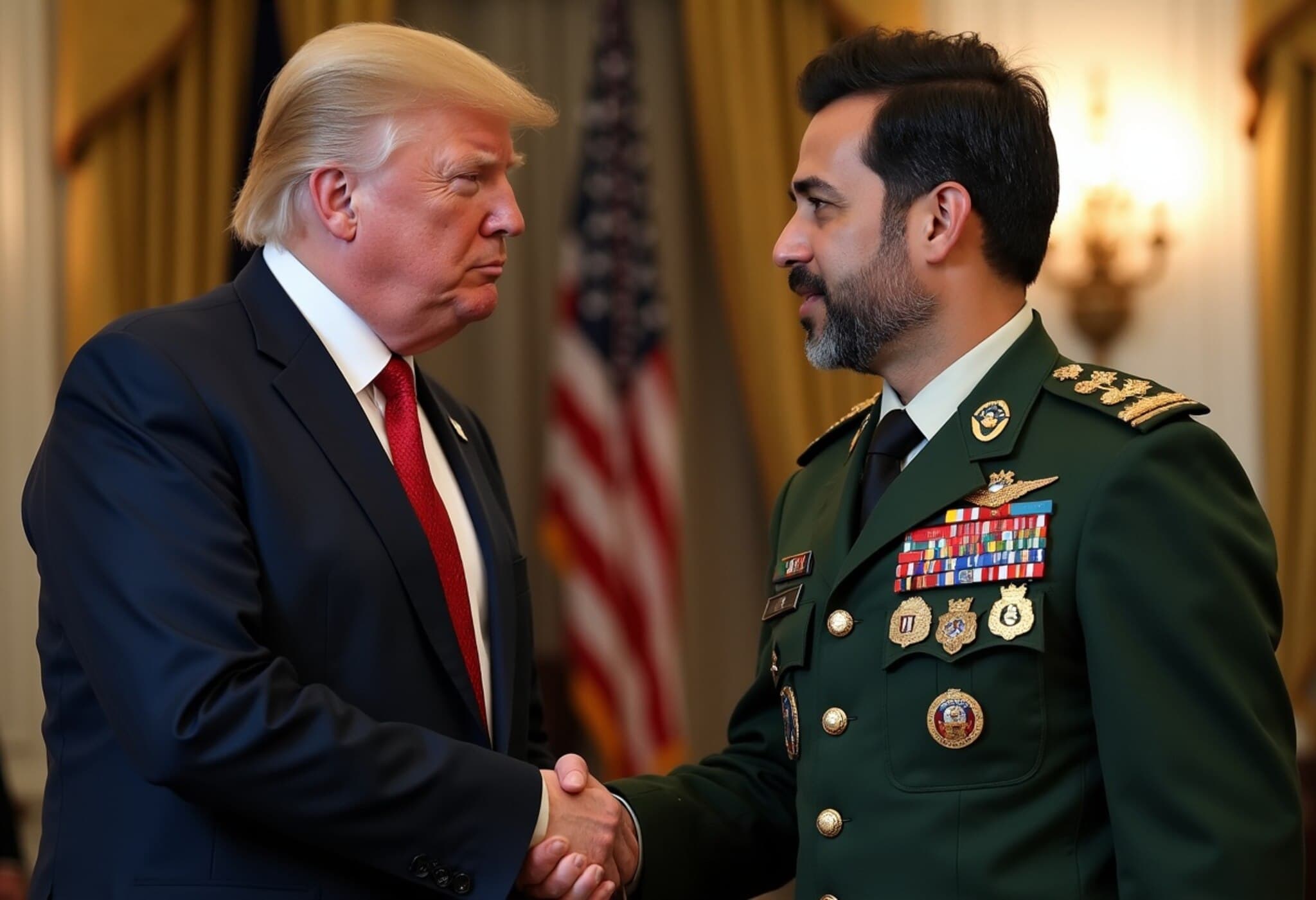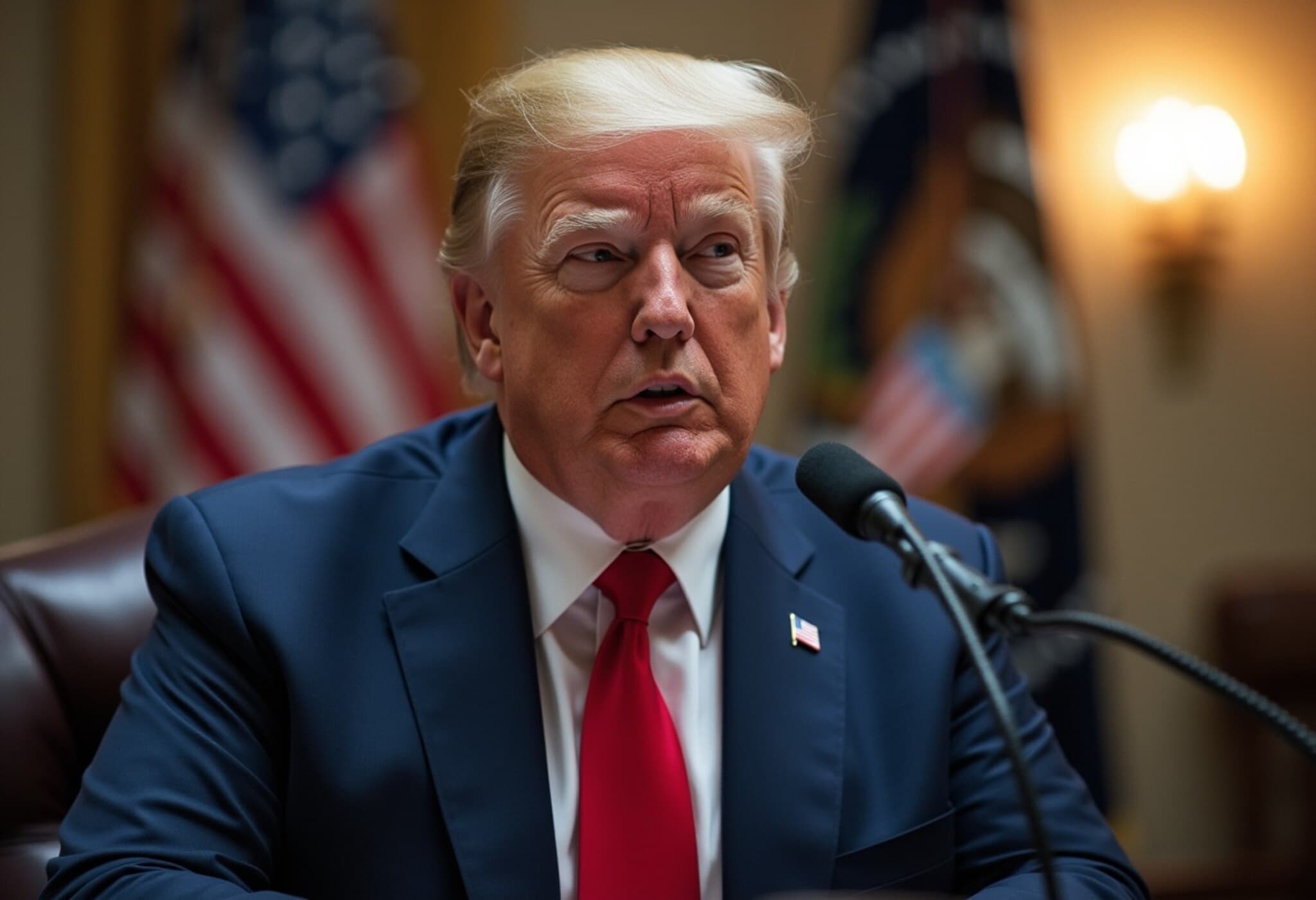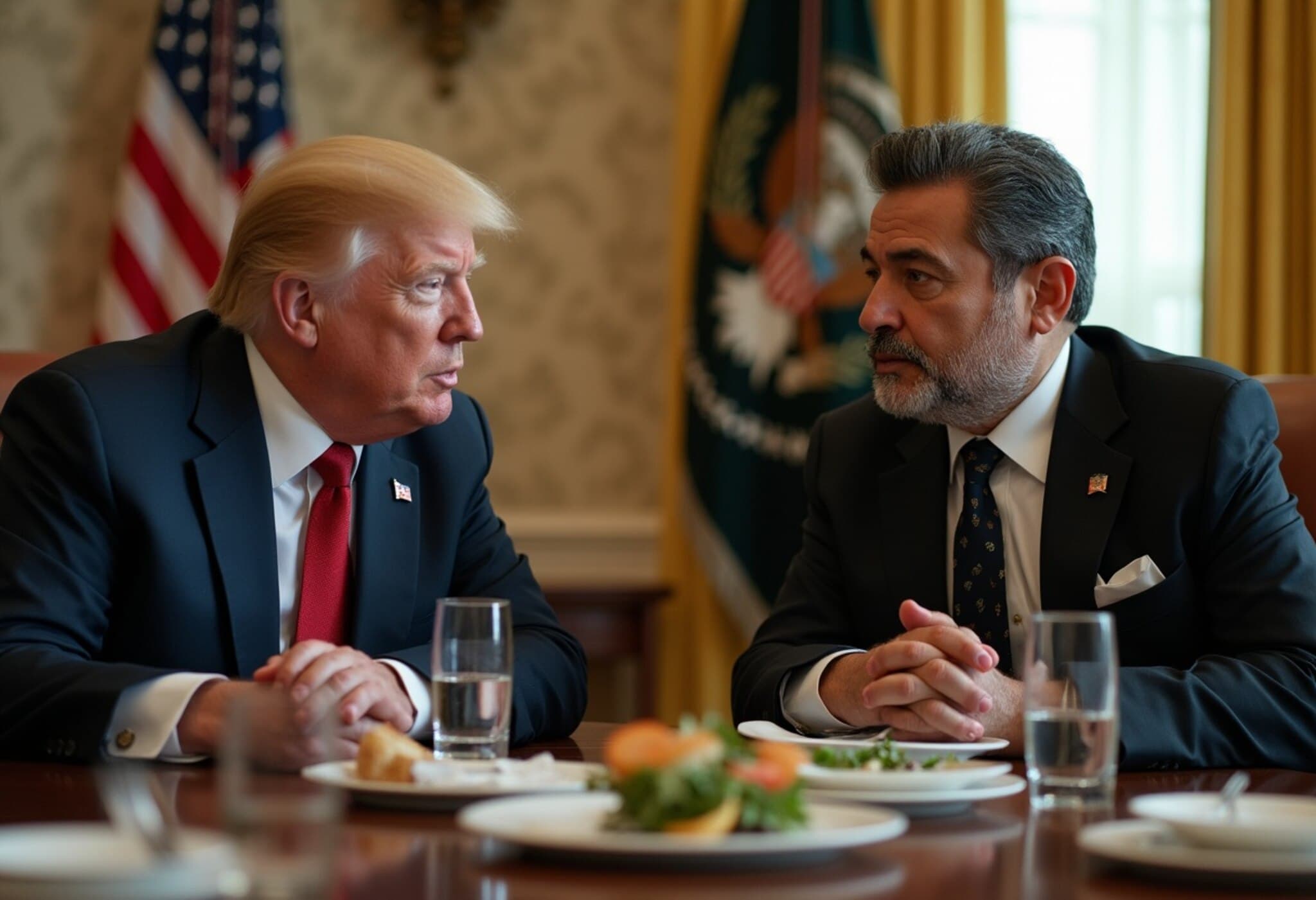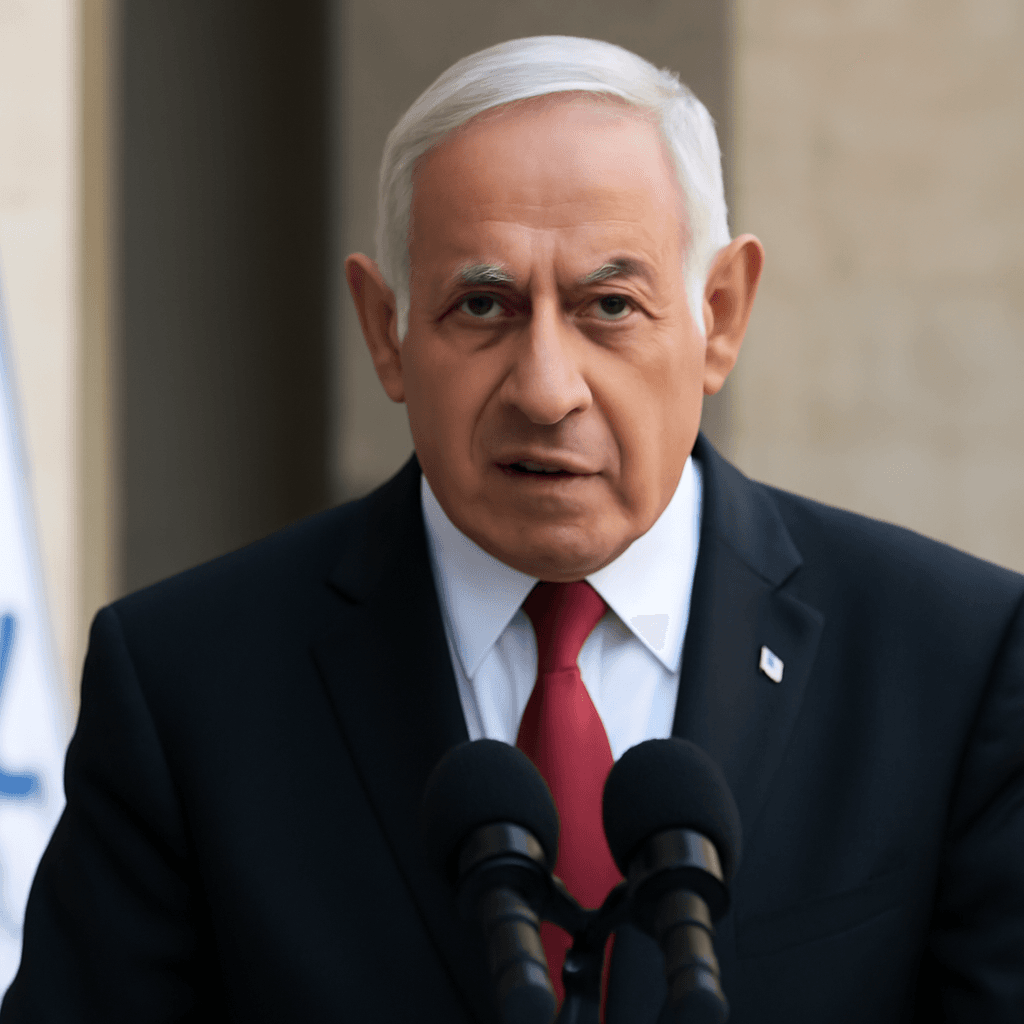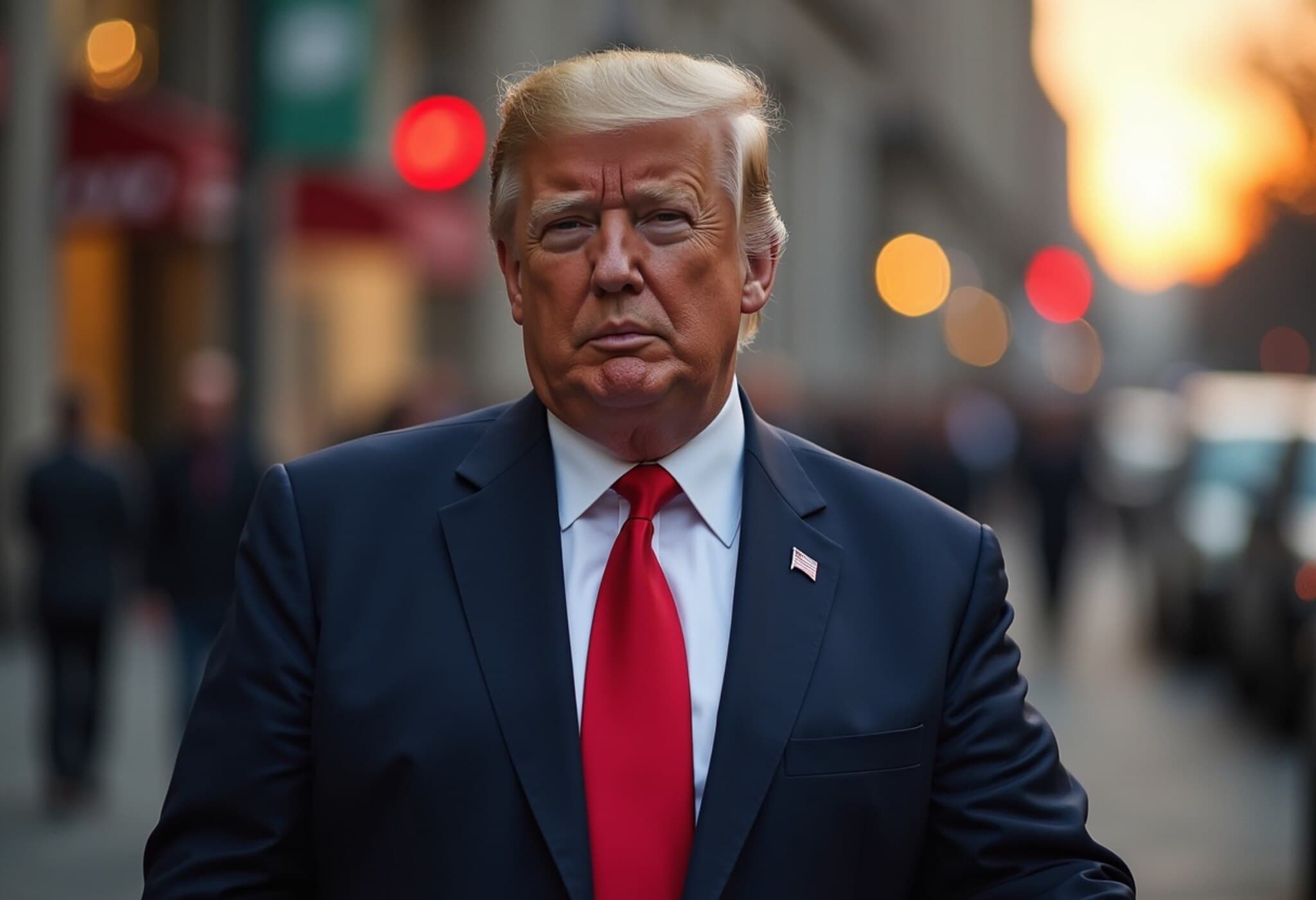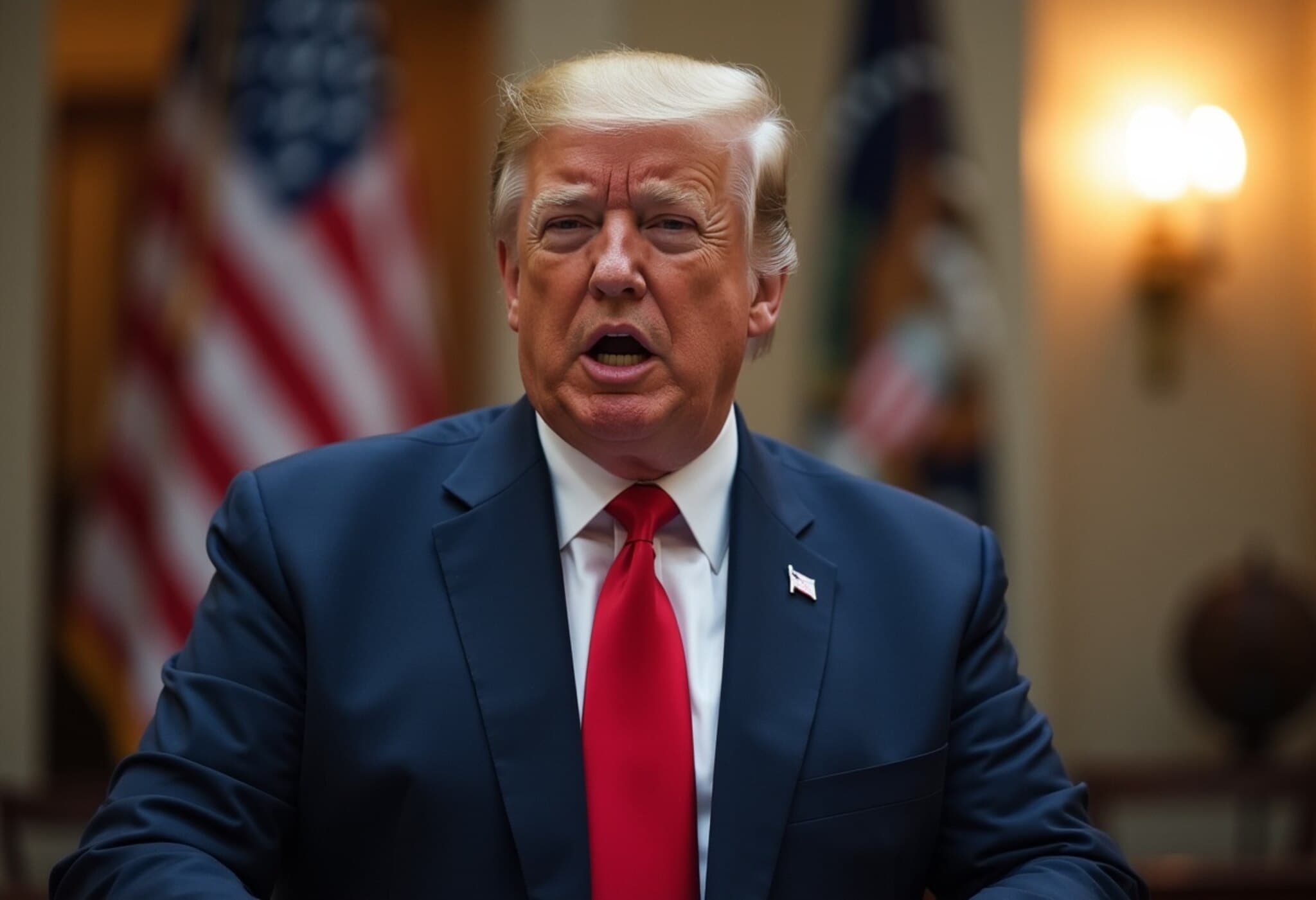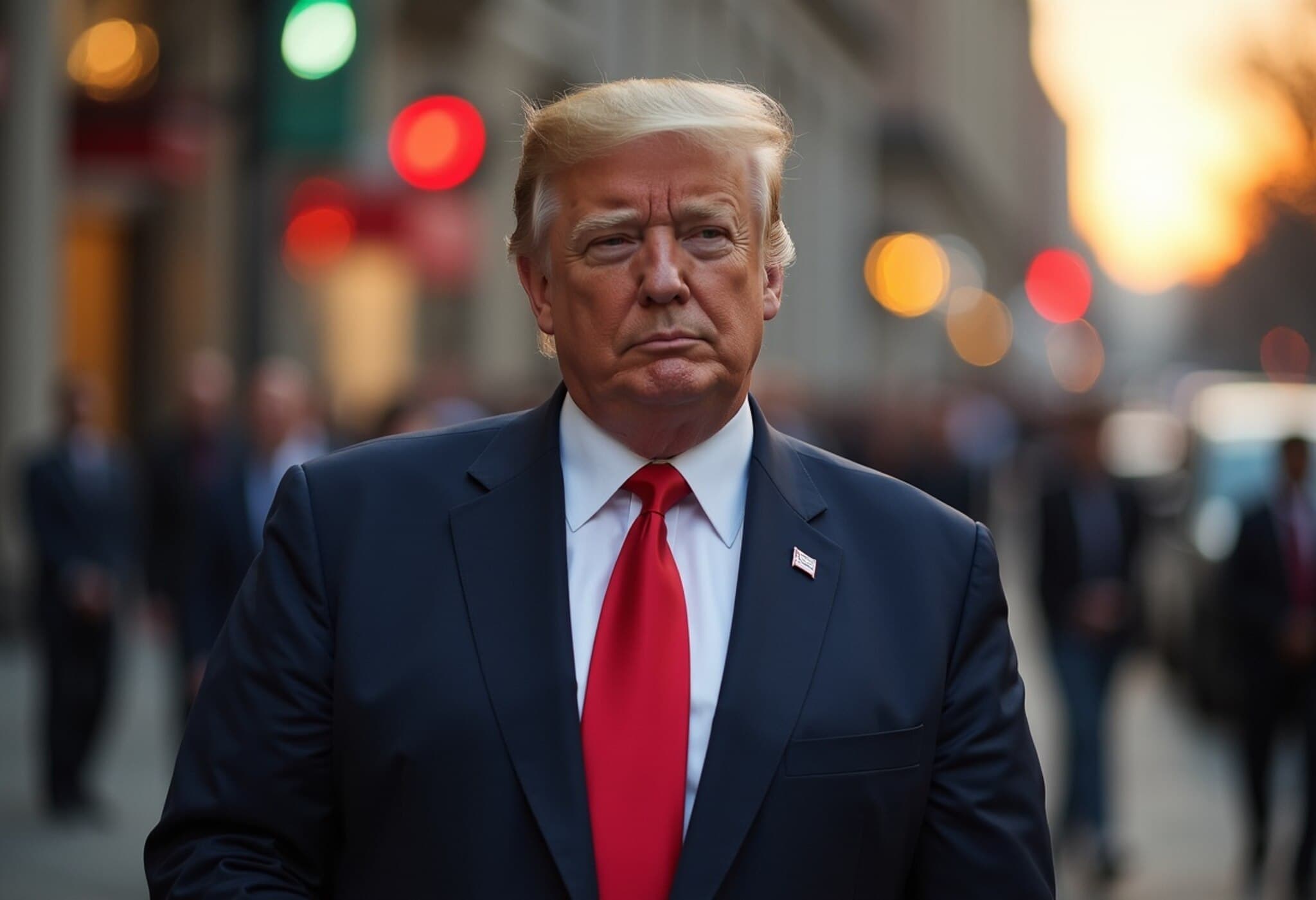Asim Munir Holds Lunch Meeting With Donald Trump Amid Regional Strife
Pakistan’s Army Chief, General Asim Munir, met with former US President Donald Trump over lunch in Washington, D.C., marking a significant diplomatic encounter amid escalating tensions in West Asia. The meeting took place during Munir’s five-day visit to the United States, attracting both political attention and public protest.
Context of the Meeting: Heightened Middle East Volatility
The timing of this dialogue is notable, as the conflict between Israel and Iran intensifies, destabilizing the already fragile region. In this charged atmosphere, Munir’s meeting with Trump may hold implications beyond bilateral relations, especially considering Pakistan’s vocal support for Iran during recent developments.
Earlier this year, India launched Operation Sindoor in response to the Pahalgam terrorist attack, underscoring the complex security dynamics South Asia currently faces. Munir’s visit and discussions with Trump occur just a month after that operation, reflecting intertwined regional concerns.
Public Reaction: Protests Highlight Divided Opinions
General Munir’s presence in Washington sparked visible protests, notably outside the Four Seasons Hotel where he stayed. Pakistani-American demonstrators chanted slogans emphasizing “civilian supremacy in Pakistan” and carried banners branding the army chief a “mass murderer,” underscoring contentious views about military influence in Pakistan's governance.
The protests amplified voices demanding democratic principles over military dominance, with slogans such as “Democracy dies when guns speak.”
What’s on the Agenda?
While official details of the lunch meeting’s agenda remain undisclosed, the geopolitical backdrop suggests possible discussion points:
- The escalating Israel-Iran conflict and its broader impact on regional security.
- Pakistan’s strategic position and its relationship with Iran.
- US diplomatic efforts, with Trump recently cutting short a trip to Canada to engage negotiators involving Israel and Iran.
Trump’s recent social media posts have been aggressive, stating “complete and total control of the skies over Iran” and warning of dwindling patience, demanding an UNCONDITIONAL SURRENDER. In contrast, General Munir publicly expressed solidarity with Iran, signaling Pakistan’s position amid the widening geopolitical fault lines.
Last week, White House officials dismissed earlier claims that Munir was invited to attend a military parade hosted by Trump, clarifying the nature of the visit.
Looking Ahead
As Asim Munir’s US visit proceeds, observers will watch closely for developments in Pakistan-US relations and analyze how the two nations address regional crises. The meeting with Trump—although unofficial in some aspects—highlights ongoing diplomatic maneuvers in a complex global security landscape.


